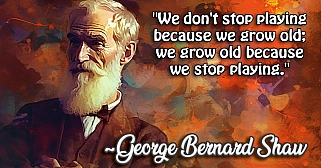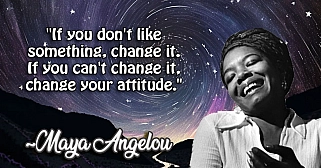Elbert Hubbard: A Life of Innovation, Philosophy, and Tragic Demise
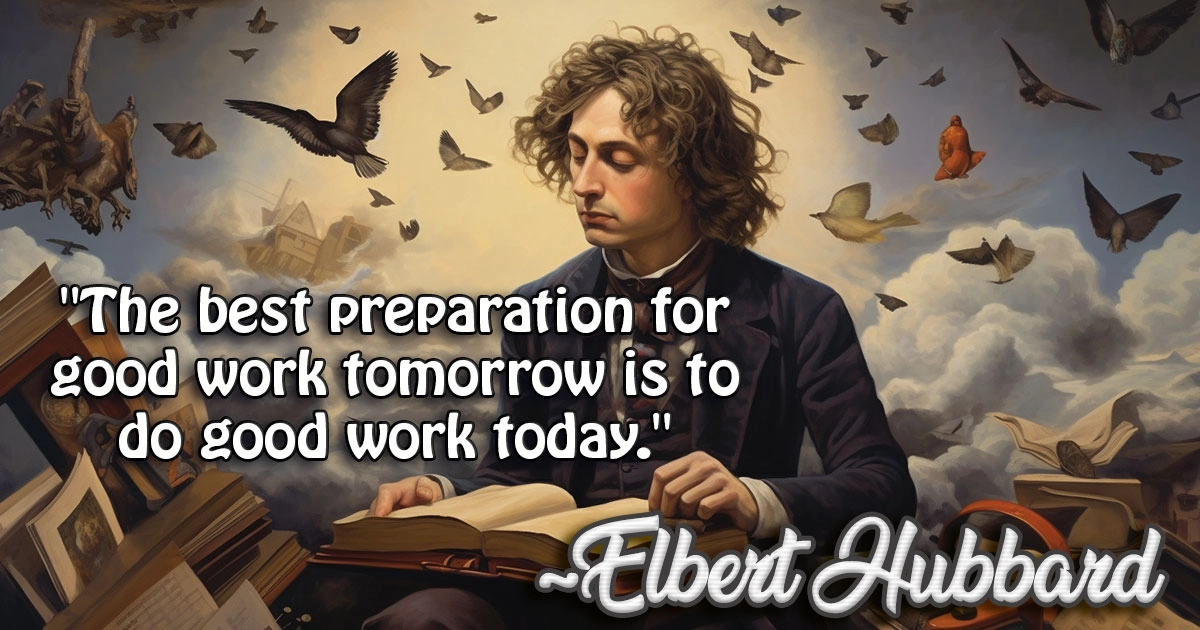
Elbert Hubbard
Elbert Hubbard was a man of many talents: philosopher, writer, artist, and entrepreneur. Born on June 19, 1856, in Bloomington, Illinois, Hubbard would grow to become one of the most influential figures in American arts and crafts, as well as a voice for individualism and self-reliance. His life was a tapestry woven with threads of creativity, controversy, and a relentless pursuit of self-expression, all of which ended in a tragic and ironic demise. This is the story of Elbert Hubbard.
Early Life and the Seeds of Individualism
Elbert Hubbard's early life was marked by humble beginnings. Raised in a small-town environment, he was exposed to the values of hard work and self-reliance from a young age. His father, Silas Hubbard, was a successful farmer and businessman who instilled in Elbert the importance of perseverance and independence. However, it was his mother, Juliana Frances Read, who nurtured his intellectual curiosity and creative inclinations.
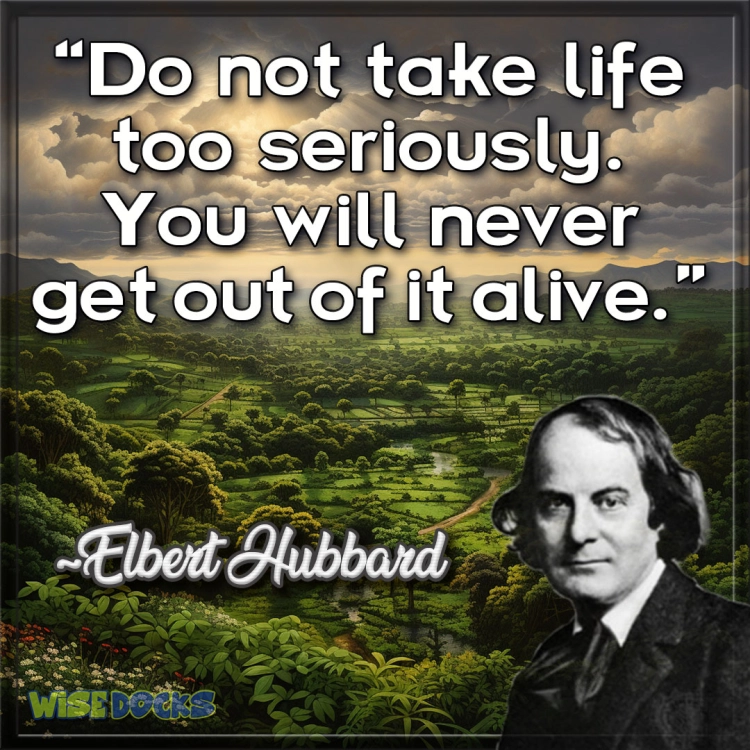
From a young age, Hubbard displayed a keen interest in literature and the arts. He devoured books, immersing himself in the works of Ralph Waldo Emerson, Henry David Thoreau, and other transcendentalist thinkers. Their emphasis on individualism, self-reliance, and the importance of personal intuition resonated deeply with him and would later become central themes in his own philosophy.
Despite his intellectual leanings, Hubbard's early adulthood was spent in more practical pursuits. He worked various jobs, including as a traveling soap salesman for the Larkin Soap Company, a position that would eventually lead him to his first taste of success. It was during these years that he honed his skills in business, communication, and persuasion—skills that would serve him well in his later endeavors.
The Birth of the Roycroft Movement
In the 1890s, Hubbard experienced a profound shift in his life. Dissatisfied with the conventional path he had been following, he began to explore new ways to express his creativity and ideas. This exploration led him to England, where he became fascinated by the Arts and Crafts movement, which emphasized the importance of craftsmanship, artistic expression, and the beauty of handmade goods.
Inspired by this movement, Hubbard returned to the United States with a vision. He wanted to create a community that would embody the ideals of the Arts and Crafts movement—a place where artists, writers, and craftsmen could work together to produce beautiful, high-quality goods and share their ideas with the world. In 1895, Hubbard founded the Roycroft community in East Aurora, New York.
The Roycroft community quickly became a hub of creativity and innovation. At its heart was the Roycroft Press, where Hubbard and his fellow artisans produced handcrafted books, pamphlets, and other printed materials. These works were known for their exquisite design, attention to detail, and the philosophical musings that often accompanied them. Hubbard's own writings, particularly his essays and aphorisms, gained widespread popularity and were often included in these publications.
One of Hubbard's most famous works, A Message to Garcia, was published in 1899 as part of the Roycroft Press's offerings. The essay, which tells the story of a soldier's unwavering dedication to completing a mission without question or hesitation, became a cultural phenomenon. It was translated into dozens of languages and distributed around the world, resonating with readers who admired its message of duty, self-reliance, and perseverance.
The success of A Message to Garcia and other Roycroft publications helped establish Hubbard as a prominent figure in American culture. The Roycroft community grew rapidly, attracting artists, writers, and craftsmen from all over the country. Together, they created not only beautiful works of art and literature but also a thriving community that embodied the ideals of creativity, collaboration, and self-sufficiency.
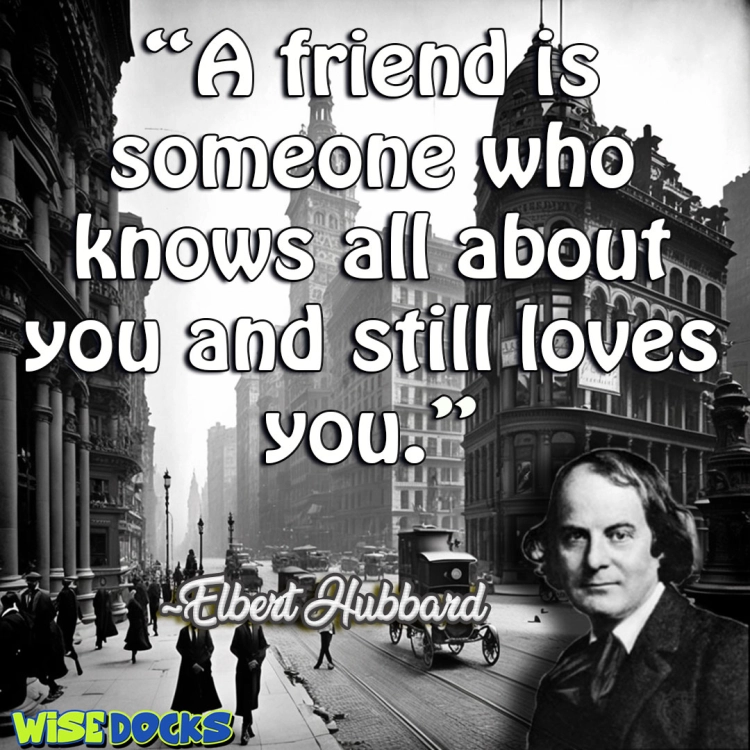
The Philosophy of Elbert Hubbard
At the core of Hubbard's life and work was a philosophy that emphasized individualism, self-reliance, and the pursuit of excellence. Influenced by the transcendentalist thinkers he had studied in his youth, Hubbard believed that each person had the potential to achieve greatness, but that this potential could only be realized through hard work, determination, and a commitment to personal integrity.
Hubbard's philosophy was also deeply rooted in the idea of the "Golden Rule"—the principle of treating others as one would wish to be treated. He believed that this simple yet powerful concept was the foundation of a just and ethical society and that it should guide all human interactions, whether in business, art, or personal relationships.
One of Hubbard's most enduring contributions to American culture was his promotion of what he called the "Renaissance Man"—an individual who seeks to cultivate a wide range of skills and knowledge, rather than specializing in just one area. Hubbard believed that true fulfillment and success came from a balanced and well-rounded life, one that embraced both intellectual and physical pursuits.
In his writings, Hubbard often explored the themes of creativity, innovation, and the importance of following one's passions. He encouraged his readers to think for themselves, question authority, and pursue their own paths in life, rather than conforming to societal expectations. This message resonated with many people at the turn of the century, a time of rapid social and technological change, and helped to establish Hubbard as a leading voice in the American self-improvement movement.
Controversies and Criticisms
Despite his many accomplishments, Elbert Hubbard was not without his critics. Some viewed his philosophy as overly simplistic or idealistic, particularly in its emphasis on self-reliance and individualism. Critics argued that Hubbard's ideas, while inspiring, did not fully account for the complexities of modern society or the challenges faced by those who were less privileged.
Hubbard also faced criticism for his business practices. While the Roycroft community was founded on principles of craftsmanship and artistic integrity, some accused Hubbard of prioritizing profit over quality as the community grew. There were allegations that some of the Roycroft products were mass-produced or outsourced to other manufacturers, undermining the very ideals that the community was supposed to represent.
Additionally, Hubbard's personal life was the subject of public scrutiny. He was married twice, and his relationships were often the subject of gossip and speculation. His first marriage, to Bertha Crawford, ended in divorce—a scandalous event at the time. He later married Alice Moore, a schoolteacher and fellow writer, with whom he had four children. Despite the controversies, Hubbard and Alice remained devoted to each other and worked together to build and promote the Roycroft community.
Hubbard's outspoken nature also made him a polarizing figure. He was unafraid to express his opinions on a wide range of topics, from politics to religion, and his views often sparked debate. Some admired his boldness and willingness to challenge conventional thinking, while others saw him as arrogant or self-righteous.
Tragic Demise: The Sinking of the RMS Lusitania
Elbert Hubbard's life came to a tragic and ironic end on May 7, 1915, when he and his wife, Alice, were passengers on the RMS Lusitania. The ship, a British ocean liner, was en route from New York to Liverpool when it was torpedoed by a German U-boat off the coast of Ireland. The attack, which occurred during World War I, resulted in the deaths of nearly 1,200 people, including the Hubbards.
The sinking of the Lusitania was a pivotal event in the war, as it fueled anti-German sentiment and helped to shift public opinion in the United States toward entering the conflict. For Elbert Hubbard, a man who had spent much of his life promoting peace, individualism, and the pursuit of personal excellence, the circumstances of his death were both tragic and deeply ironic.
Hubbard had been a vocal critic of war, and his writings often emphasized the importance of peaceful coexistence and the resolution of conflicts through reason and dialogue. His decision to travel on the Lusitania was driven by a desire to contribute to the war effort by advocating for peace and helping to rebuild Europe after the conflict. In one of his final letters, written shortly before his departure, Hubbard expressed his hope that his trip would "help to heal the wounds of the world."
Tragically, Hubbard's life was cut short before he could see that hope realized. The news of his death shocked and saddened his friends, followers, and the broader public. In the days and weeks following the sinking, many tributes were paid to Hubbard's legacy, and his contributions to American culture were widely recognized.
Legacy and Influence
Elbert Hubbard's legacy endures to this day, both in the tangible form of the Roycroft campus, which has been preserved as a National Historic Landmark, and in the broader impact of his ideas and philosophy. The Roycroft community continued to produce arts and crafts well into the 20th century, and its influence can still be seen in the American Arts and Crafts movement, as well as in the broader fields of design and craftsmanship.
Hubbard's writings, particularly A Message to Garcia, remain influential and continue to inspire readers around the world. The essay's message of self-reliance, initiative, and perseverance has resonated with generations of readers, from business leaders to soldiers to students.
In many ways, Hubbard was ahead of his time. His emphasis on the importance of individualism, creativity, and self-expression foreshadowed the cultural shifts that would take place in the 20th century. His belief in the power of ideas and the potential of each individual to shape their own destiny continues to resonate in a world that increasingly values innovation and personal freedom.
Elbert Hubbard's life was a testament to the power of ideas, the importance of following one's passions, and the enduring value of craftsmanship and creativity. Despite the controversies and challenges he faced, Hubbard remained true to his principles and left behind a legacy that continues to inspire and influence people around the world.
In the end, Elbert Hubbard's story is one of a man who lived life on his own terms, who sought to create beauty and meaning in a world that was often chaotic and uncertain. His life, though tragically cut short, serves as a reminder of the enduring power of individualism, creativity, and the pursuit of excellence.

